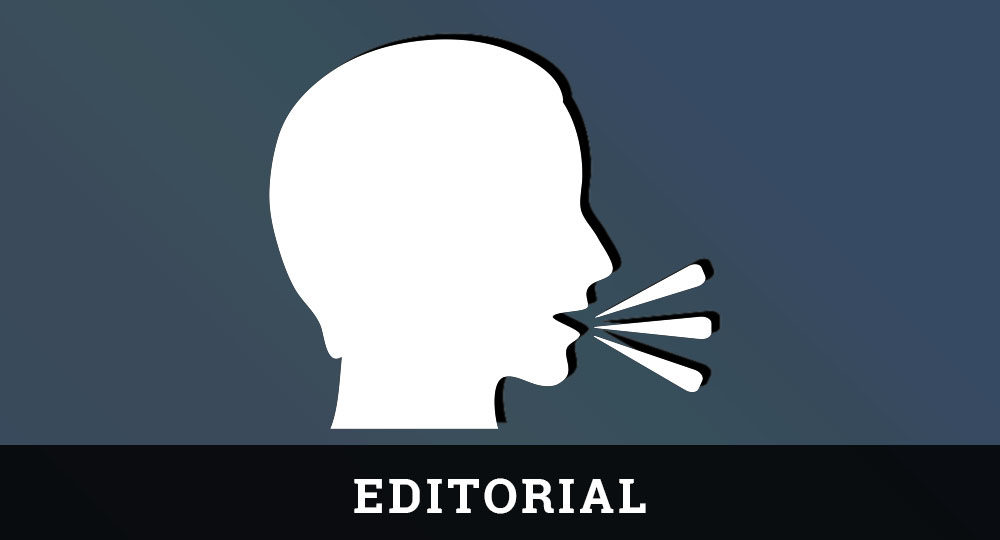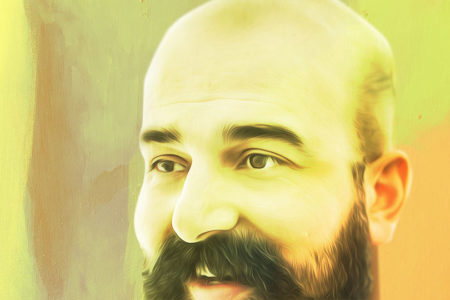Unifying Israel
Israel Railways recently christened the King David Line, a new fast rail connecting the country’s two metropolitan cities: Tel Aviv and Jerusalem. Prior to the new express-train corridor, the fastest way to travel between Tel Aviv and Jerusalem was by car or bus. It’s a difficult, 42-mile drive that takes at least 50 minutes without traffic.
The line has been under construction for 18 years, and (no surprise) it’s 11 years overdue. If you’ve ever driven the route, you may understand why 35 miles of railway took 18 years to build.
Tel Aviv is a Mediterranean city. It’s surrounded by flat coastal plain. However, as you travel east, the plains quickly disappear into the Judean mountains; and within a few moments, you begin a drastic, 2,500-foot climb to the ancient city of Jerusalem.
Building a modern anything in Israel’s capital always proves problematic. The new railway cuts through mountains and crosses over bridges that span deep ravines. Yet it reduces the hour-long drive to merely 30 minutes.
Though relatively close in proximity, Jerusalem and Tel Aviv function in different worlds. At the railway’s inauguration, Israel’s Transportation Minister Bezalel Smotrich likened the King David track to a bridge to heal the political, economic, and spiritual divides that separate Israelis. Just as King David unified the tribes of Israel, Smotrich hopes the track will do the same. “With all our disagreements,” he said, “we can’t allow ourselves to become divided. We will instead build new roads and new railways, because we are one people.”
The track’s completion and Smotrich’s message couldn’t have come at a better time for Israelis who are exhausted over the fractured nature of their state and the need for an unprecedented third election in less than a year. The results of the second election in late 2019 left razor-thin margins between Prime Minister Benjamin Netanyahu’s Likud party and Benny Gantz’s Blue and White Party. Israel’s President Reuven Rivlin offered both Netanyahu and Gantz the opportunity to form a government, and both failed.
Then there is Avigdor Liberman. His secular, conservative party, Yisrael Beiteinu, wants to assimilate the ultra-Orthodox Jewish groups into Israeli culture through political policy. Netanyahu benefits politically from both the religious, conservative, ultra-Orthodox Jewish parties and Yisrael Beiteinu. No conservative party is willing to budge, and Netanyahu can’t form a government without them.
So what’s the way forward? With all the division in the country, we need to look at what the Israeli people want and what unifies them.
First, most want less ultra-Orthodox influence in government, primarily because of the welfare state they’ve constructed for themselves over the years. The ultra-Orthodox consider it a religious commandment to study Jewish texts and separate themselves from modern society, yet they receive many costly social services. The ultra-Orthodox influence in government upholds these generous benefits for the fastest growing, yet poorest, population in Israel. In addition, the ultra-Orthodox remain the only Jewish group in Israel exempt from military service. It’s easy to see why other Israelis resent them.
Second, most Israelis want a unity government that excludes the ultra-Orthodox parties. This fact doesn’t mean Israel is leaning left. In fact, today the vast majority of Israelis lean toward the conservative; and even after so many years in office, Netanyahu has remained a relevant leader. For many, it’s hard to imagine the Israeli political arena without Benjamin Netanyahu.
The Jewish state is longing for some semblance of unity. As Smotrich said, “We are inaugurating today the direct line between Tel Aviv and Jerusalem. These two cities are now physically and symbolically connected.” Let’s hope the Lord has more in mind than symbolism and that He does something wonderful to unite this divided country.








